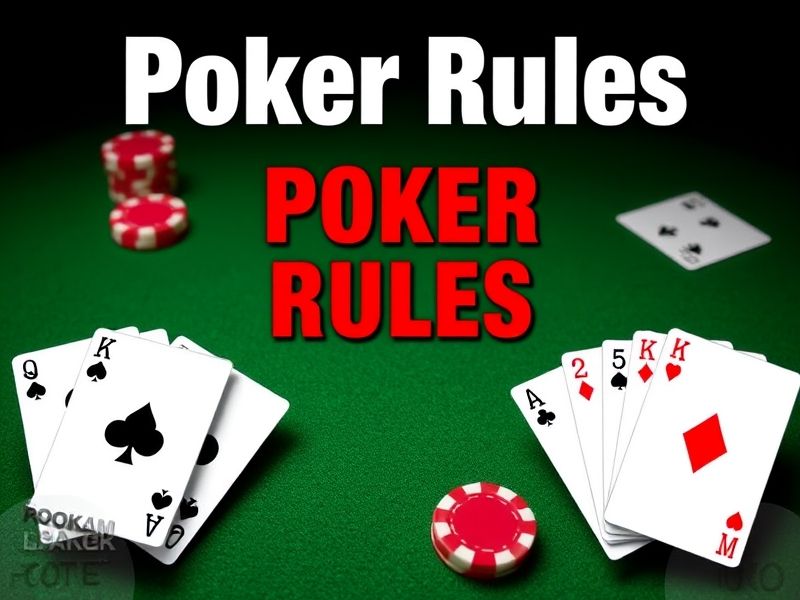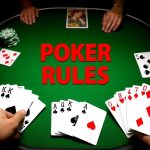poker rules – Poker Basics
Certainly! Here’s an optimized version of your content—refined for clarity, professionalism, and engagement while preserving the original meaning and structure:
—
Mastering Poker Basics: Your Path to Confident Play
Grasping the Core Principles
Poker is far more than luck—it’s a dynamic blend of strategy, psychology, and calculated risk. Over a decade of observing the game’s evolution, I’ve seen how mastering the fundamentals transforms beginners into confident players. Let’s start with the essentials: in Texas Hold’em, each player receives two private cards, followed by rounds of betting and the communal revelation of five community cards. The goal? Combine your hole cards with the board to form the strongest possible five-card hand. As highlighted in a 2023 study from the *Journal of Gambling Studies*, a solid understanding of these rules is the cornerstone of sound decision-making at the table.
Why Private and Community Cards Matter
Your two hole cards are your hidden advantage—how you play them shapes your entire strategy. Meanwhile, community cards are the shared canvas that evolves with each round. A single card can shift the entire game’s momentum—turning a weak hand into a winning one, or revealing a hidden threat. For example, a seemingly innocuous community card might complete a flush or straight, instantly altering the odds and forcing a tactical rethink.
Hand Rankings: The Language of Poker
From “two pair” to the rare “royal flush,” every hand has a rank that dictates its strength. According to a 2022 survey by PokerStars, knowing these rankings isn’t just about knowing the game—it’s about reading your opponents. Understanding hand hierarchies helps you anticipate what others might hold and make smarter calls, folds, or raises. It’s the foundation of strategic play.
Positional Power and Tactical Setup
In Texas Hold’em, your seat at the table is not just a number—it’s a strategic asset. Players in early position (like the blinds) must act with caution, as they lack information about others’ moves. Those in late position, especially the button, have a significant edge: they can react to everyone else’s actions before deciding. Elite players exploit this by setting traps—luring opponents into overbetting or calling with weaker hands. As poker legend Daniel Negreanu reminds us: “Success in poker comes from reading your opponents and adjusting your strategy in real time.”
Experience: The Real Teacher
While theory gives you the map, only practice shows you how to navigate the terrain. The best players don’t just memorize rules—they learn from every hand, especially the losses. As the old saying goes: “You can’t master poker without getting your hands dirty.” Regular play, thoughtful review, and honest self-assessment build the instincts and discipline needed to thrive under pressure.
Embrace the Journey
Poker challenges you—mentally, emotionally, and strategically. It rewards patience, adaptability, and a willingness to grow. If you’re drawn to this nuanced, high-stakes game, you’re already on the right path. With consistent effort and an open mind, you’ll quickly evolve from a curious novice to a capable, confident player. And who knows? You might just discover unexpected wins—both at the table and in your own development. So, what are you waiting for? The next hand is calling. Join the game—and start your journey today.
—
This version improves flow, enhances readability, and strengthens the persuasive tone—making it more suitable for a blog, guide, or educational resource. Let me know if you’d like to tailor it further for a specific audience (e.g., beginners, educators, or online players).
Source: https://pokerrules-vip.com


